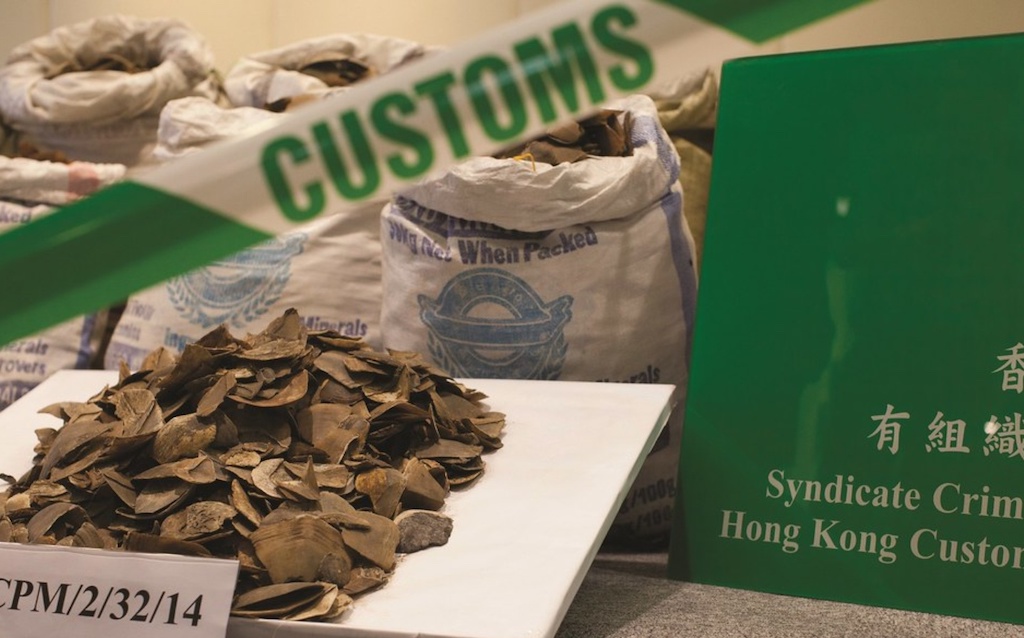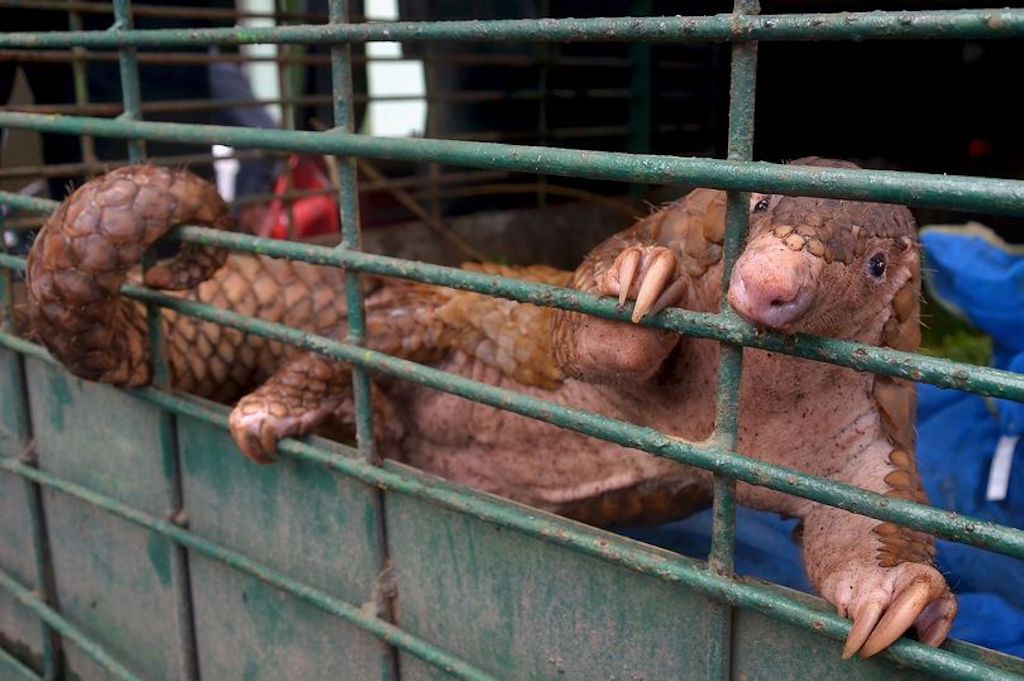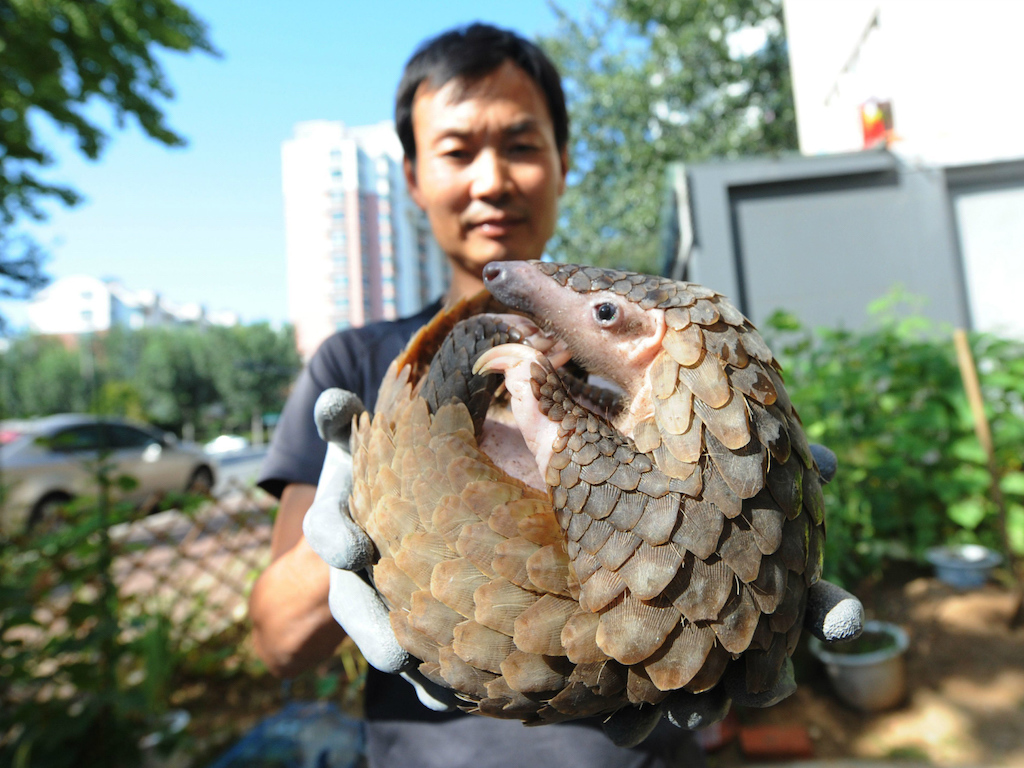3 Mins Read
The current coronavirus epidemic has prompted China to permanently ban the trade and consumption of wild animals. While the move is widely praised by conservationists, experts warn against overoptimism as wildlife taken for traditional medicinal purposes will be exempt from the ban. As evidence emerges about the potential link between pangolins – illegally traded across Asia and the world for its supposed medicinal qualities – and the outbreak of Covid-19, questions remain about the efficacy of the law to prevent future public health crises or to protect species from inhumane practices and extinction.
This week, China has announced a permanent ban on wildlife trade and consumption as the novel coronavirus continues to make its way across the country and around the world. As of press time, Covid-19 has infected over 83,000 globally and the death toll stands at 2,858.
Read our earlier news coverage of Covid-19 and prevention tips here.
The permanent shutdown of China’s US$74 billion wildlife farming industry is an effective extension of the temporary policy introduced in January, which was initially expected to continue until the authorities declare the epidemic as “under control”. The more comprehensive ban, which prohibits the illegal trade and consumption of non-aquatic wild animals, was passed on the 24th February by the Standing Committee of the National People’s Congress (NPC) as the spread of Covid-19 has shown little signs of abating in the near-term.

While international conservationists have greeted China’s new prohibition as a major step in the right direction, experts are warning against a troublesome shortcoming in the law, which exempts the trade in wild animals for medicinal purposes, fur or for research. According to an analysis by global NGO Wildlife Conservation Society, the NPC’s decision “creates a potential loophole for traffickers who may exploit the non-food exemptions to sell or trade live wildlife.”
This is particularly worrying given that recent studies have proposed that pangolins are the probable intermediary host of the coronavirus that jumped to infect humans, leading to the outbreak. Pangolins are nocturnal animals found in Asia and Africa, and are considered the most trafficked mammal in the entire world. Despite the trade of pangolins being internationally outlawed in 2016, an estimated 100,000 pangolins are captured from the wild every year and poached for their keratin scales, a common ingredient in traditional Chinese medicine, and for its meat as a delicacy in parts of Vietnam and China.
According to a report by Beijing-based nonprofit China Biodiversity & Green Development Foundation, there are over 200 pharmaceutical companies in China that still use pangolin products for 60 commercial traditional Chinese medicines.

Christian Walzer, the Wildlife Conservation Society’s chief global veterinarian, welcomed the ban but said that there remains great room for illegal activity in the “huge trade in wildlife that is not related to consumption” that would not only continue to hamper conservation and animal welfare efforts, but could present a disastrous loophole to allow future zoonotic diseases to continue jumping from animals to people.
Without fully clamping down on the wildlife trade for non-food uses with law enforcement, stiffer penalties and mass public education to stigmatise consumption and medicinal uses of wild animals, it is difficult to mitigate the risk of public health epidemics, the cruel practices of the trade and the major ecological disturbances that come along with it.
Faced with a multitude of threats, perhaps the most effective individual action is to reduce the consumption of meat products altogether, which is currently propping up the inhumane global trade in animals and unsustainable production that leaves behind a huge burden on our planet.
Lead image courtesy of Alamy.




